Nutrition for Breast Cancer Chemotherapy Patients: A Complete Guide
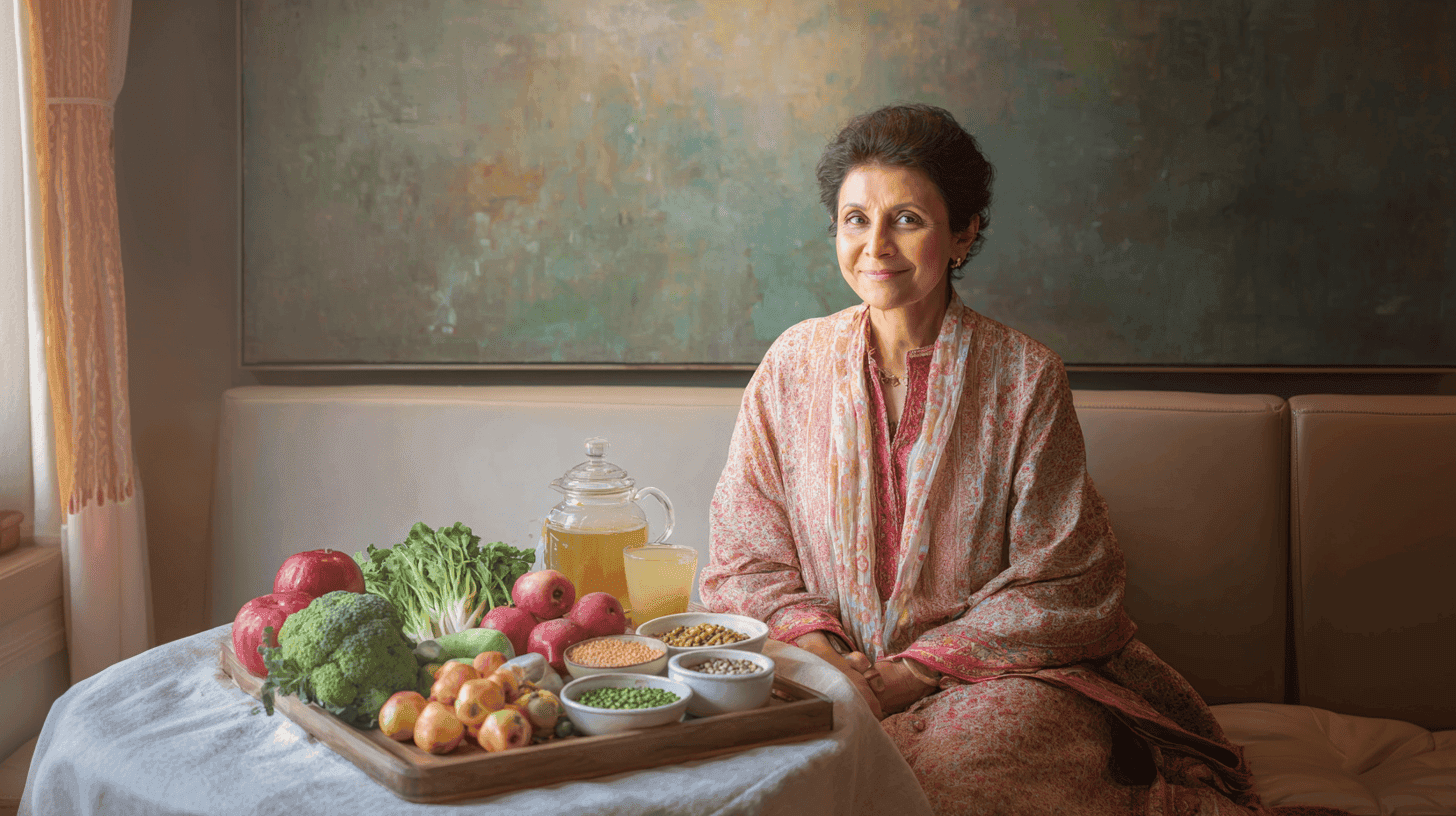
Dr. Vrundali Kannoth•6 minutes•19 Aug 2025
When someone you care about starts chemotherapy, every mealtime can feel like a battleground, both for their body and for your desire to help. Chemotherapy can affect how the body absorbs vitamins, how well it processes protein for tissue repair, and even how food tastes or feels going down. You want meals that nourish weakened appetites, soothe side effects, and help the recovery process.
This guide on breast cancer diet nutrition explains how protein, vitamins, and carbs work together to bolster immunity. It is designed to give nutrition for breast cancer chemotherapy patients with practical, science-backed strategies. We’ll also look into breast cancer nutrition, so you know which foods really matter.
Let’s turn mealtimes from a source of stress into an opportunity to strengthen, comfort, and care for the person at the centre of your world.
Why breast cancer nutrition matters during chemotherapy
Before looking into breast cancer prevention diet and nutrition for breast cancer chemotherapy patients, we need to understand what our loved one’s body goes through during this tough period. So here’s a brief breakdown:
How chemotherapy affects nutrient absorption
According to Cancer Research UK, chemotherapy can irritate and damage the lining of the gut, causing nausea, vomiting, and diarrhoea. These symptoms make it hard to keep food down and for your loved one’s body to absorb nutrients properly. Here are some essential breast cancer nutrition facts to keep in mind.
When food passes through too quickly, vitamins, minerals, and protein don’t get absorbed, which can lead to weight loss, muscle weakness, and low energy. This is when knowing which food to give alongside which symptom comes in handy.
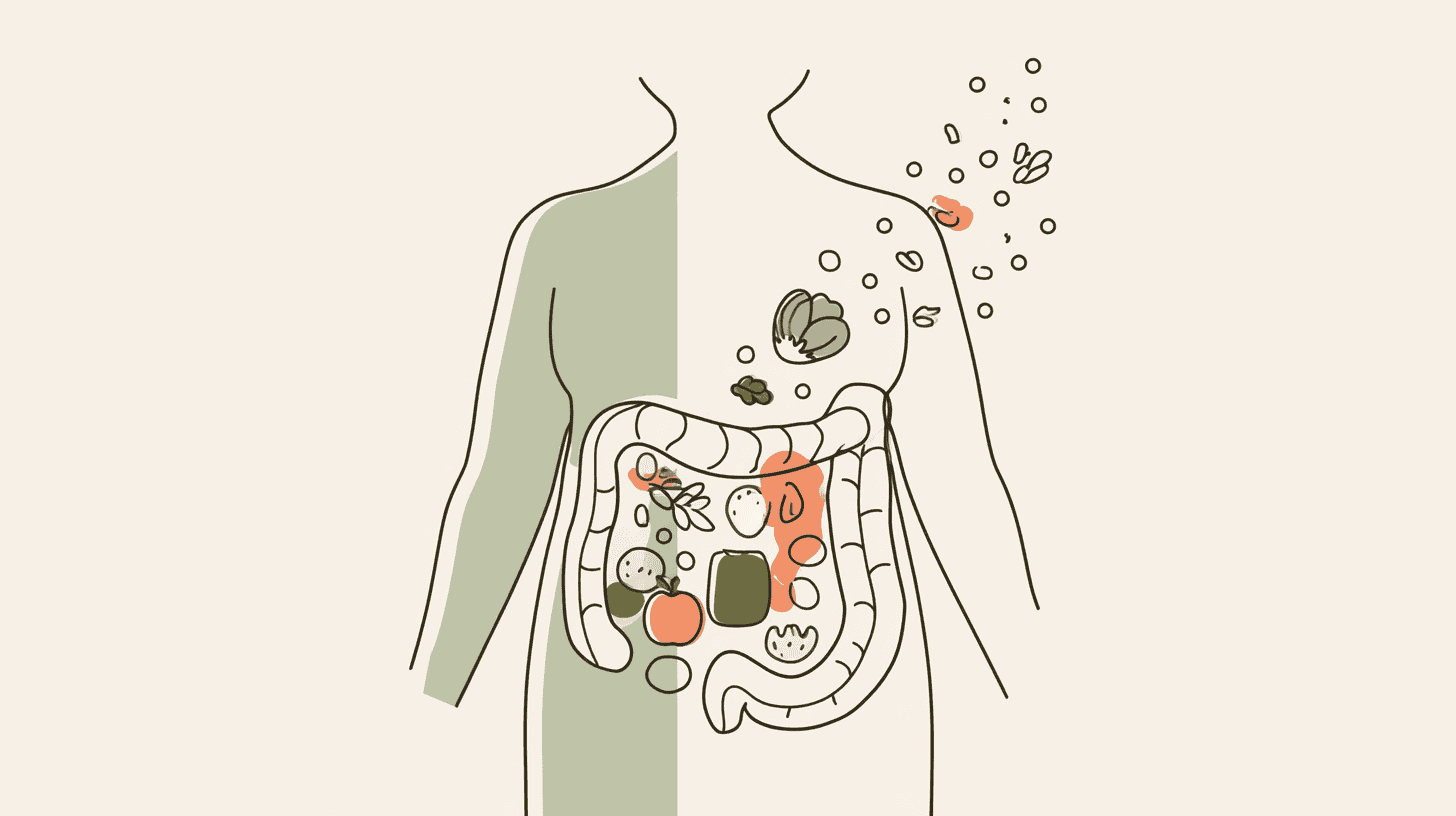
How diet supports immunity and treatment tolerance
As part of breast cancer nutrition awareness, understanding which foods soothe side effects can empower families to turn meals into medicine. A balanced breast cancer diet nutrition feeds the immune system and helps the body cope with the stress of treatment.
Protein builds and repairs tissues (including immune cells), while vitamins A, C, D, and minerals like zinc act as helpers in the body’s defence mechanisms
Steady sources of carbohydrates support gut health and energy levels, reducing the chance of infections and making chemo side effects easier to manage.
Essential foods for breast cancer chemotherapy patients
Choosing the right mix of breast cancer nutrition during treatment doesn’t have to be a puzzle. Adding superfoods like protein, carbs, fats, and antioxidants to a chemotherapy diet will help your loved one stay strong, regulate hormones, and maintain strength.
A friendly guide to the protein, carbs, fats, and antioxidants can make a real difference during treatment. Stay well-nourished through chemotherapy for breast cancer treatment. Let’s look at some key breast cancer nutrition facts before we dive into specific foods.
Protein-rich foods for tissue repair
- •Eggs, cottage cheese, and Greek-style yoghurt are gentle on the stomach and rich in and pack important breast cancer nutrition facts - 10g protein per 100g.
- •Lean meats like fish and chicken breast pack around 25-30g of protein
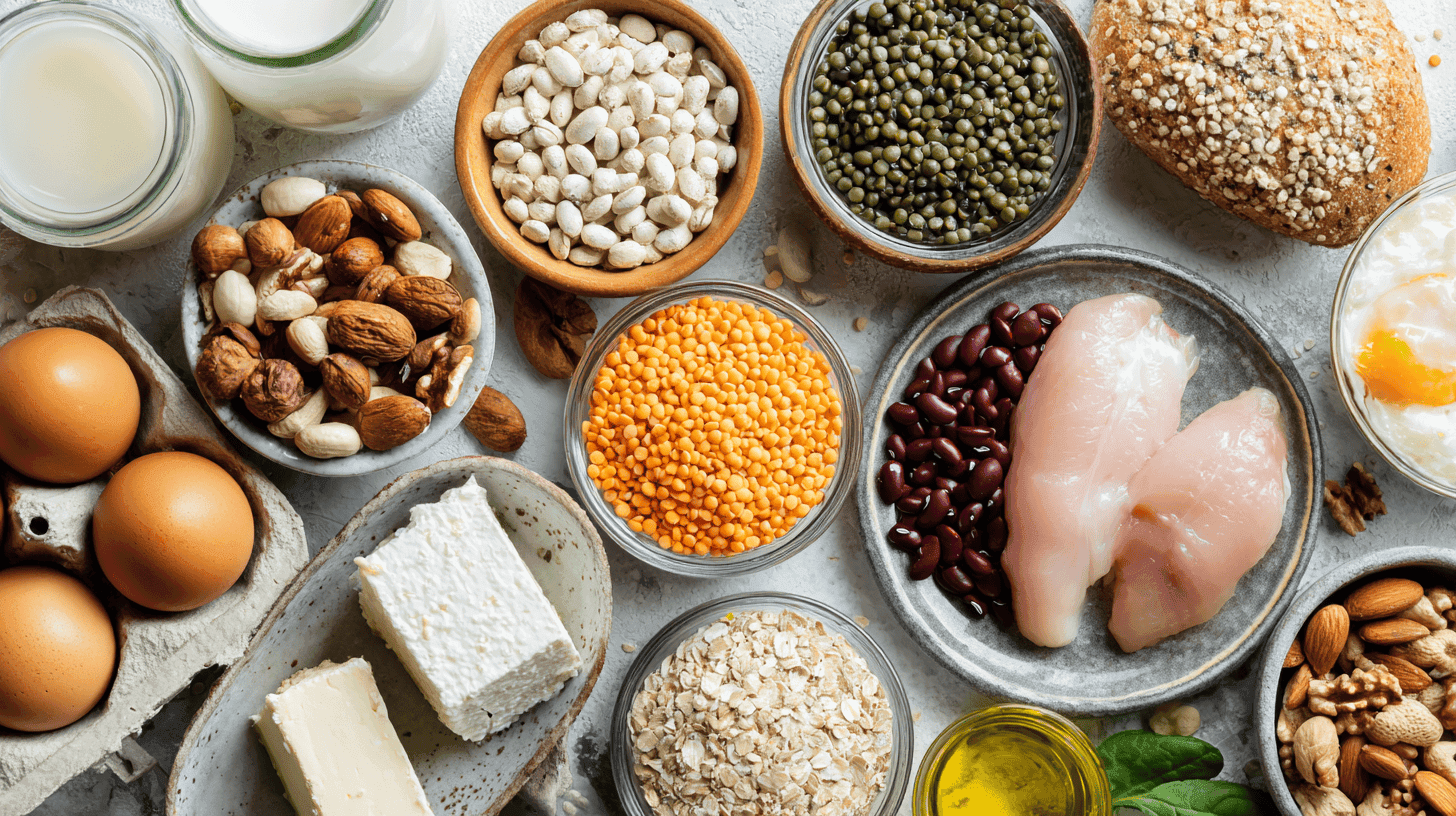
Whole grains and complex carbs for energy and fibre
- •Oats, quinoa, and brown rice are whole grains that provide slow-release energy and fibre.
- •Cooked veg (easier on the gut) - lightly steamed vegetables retain vitamins and fibre without irritating a sensitive digestive tract.
Did You Know
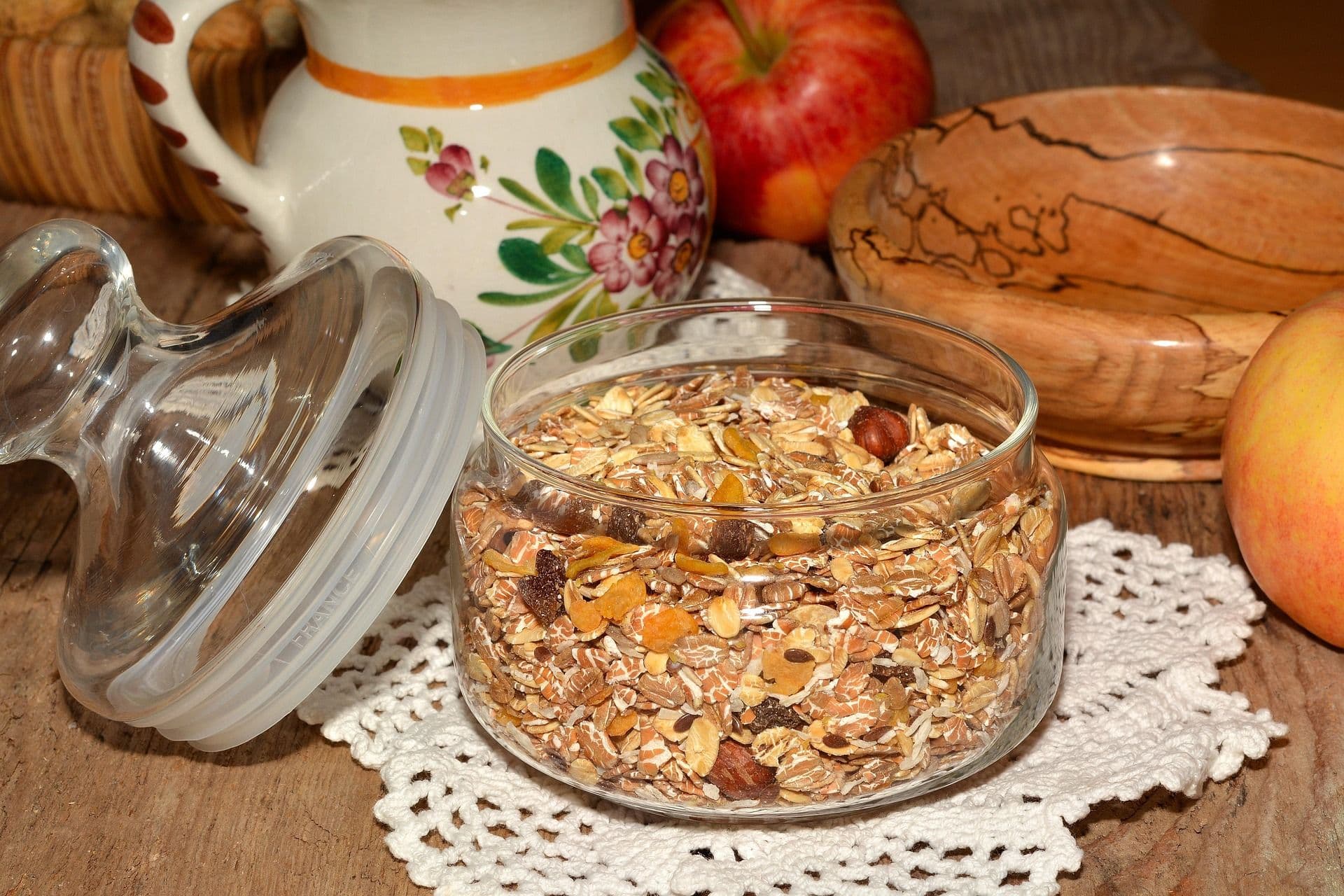
Healthy fats for inflammation control
- •Avocado, nuts, and seeds are monounsaturated fats that aid cell repair and vitamin E delivery. Avocado oil and mixed nuts are simple ways to add these fats to the diet.
- •Omega-3 sources (salmon, chia) have EPA and DHA, which help control inflammation and support immunity. You can get these by aiming for two servings of oily fish per week.
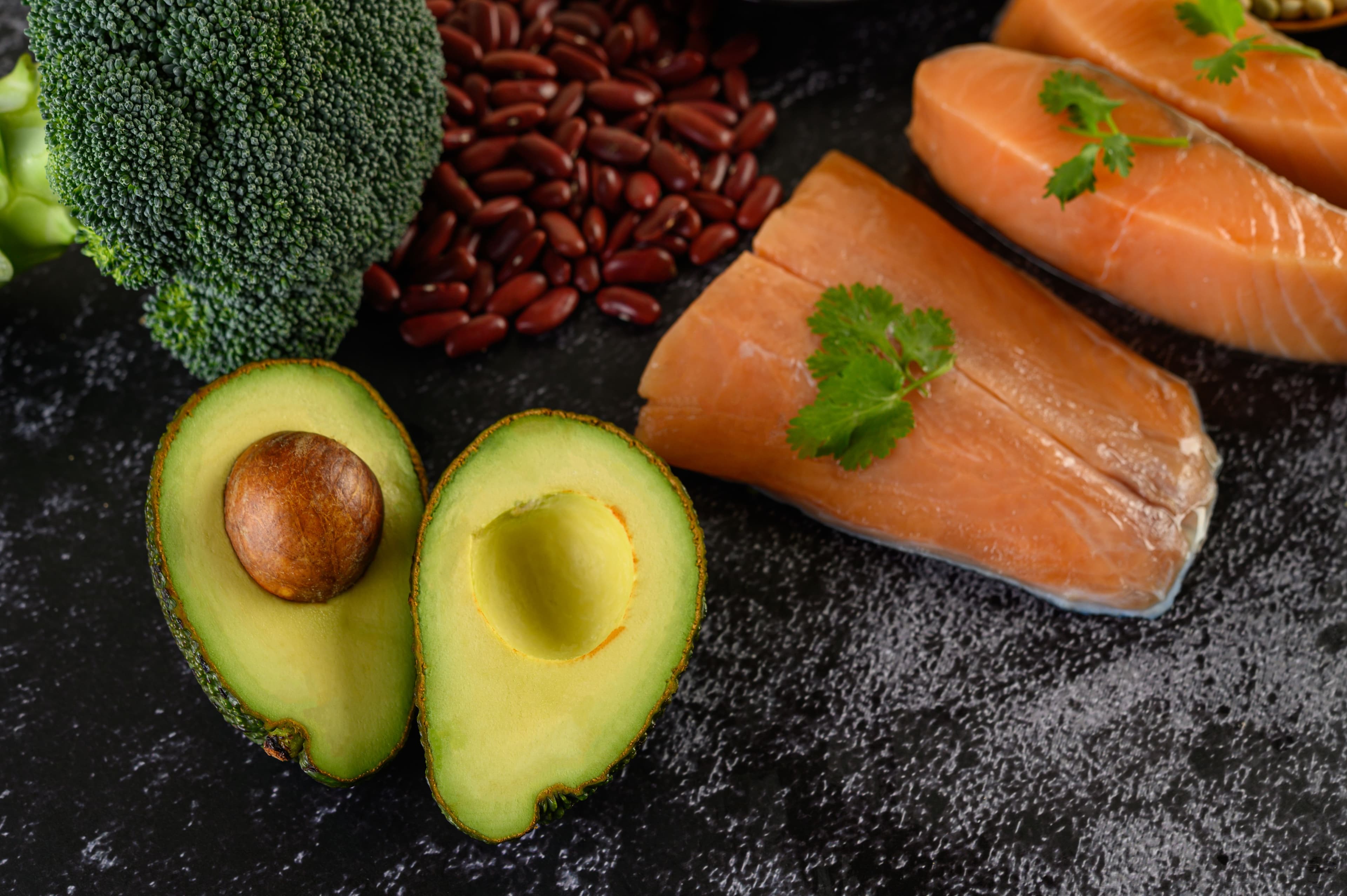
Fruits and vegetables for phytonutrients and antioxidants
- •Berries and cruciferous veggies come with anthocyanins and sulphoraphane that neutralise free radicals (unstable molecules that cause cancer) and support detoxification.
- •Colourful fruits and greens make sure patients receive breast cancer nutrition during treatment with carotenoids and flavonoids that may improve outcomes.
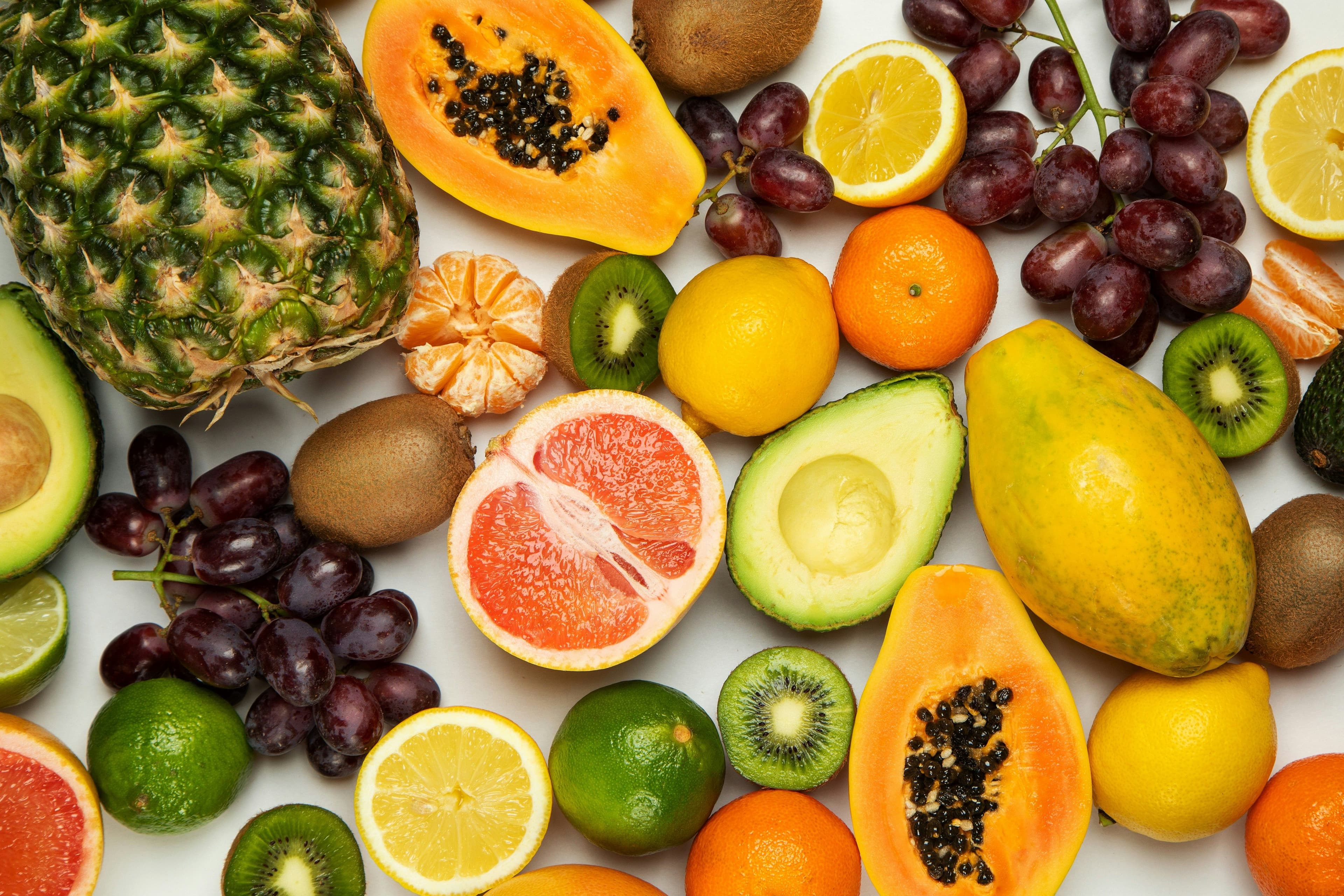
Best plant protein sources (lentils, soy, tofu)
For people who don’t eat dairy or meat, you can still meet your protein needs through everyday plant foods cooked into tasty and healthy meals. This guide to breast cancer diet nutrition gives you science-backed plant-based meal ideas.
High-protein plant-based meal ideas
Cooked lentils and beans offer roughly 20g of protein per 100g, supplying all essential amino acids in one simple scoop. Soy products, like edamame, tempeh and tofu, are complete-protein powerhouses too, with firm tofu providing about 12g protein per 100g and tempeh around 19g protein.
These versatile ingredients fit into stews, salads or stir-fries and help keep hormone levels balanced during breast cancer treatment, here are some ideas:
- 1. Lentil and vegetable shepherd’s pieLayer cooked lentils with mashed sweet potato and roasted veg for a warming, protein-rich dinner.
- 2. Tofu scramble wrapCrumble firm tofu with turmeric, spinach and peppers, then roll it into a whole-grain wrap for a grab-and-go breakfast.
- 3. Chickpea “tuna” saladMash chickpeas with vegan mayo, celery and capers, serve on wholemeal toast or over mixed greens.
- 4. Tempeh stir-fryMarinate sliced tempeh in tamari and ginger, then toss with broccoli, carrots and brown rice for a quick weeknight supper.
Supplements and micronutrients
Working with an oncology dietitian helps your loved one receive a personalised breast cancer nutrition plan, depending on their meal preferences. This can avoid supplement–treatment interactions and ease side effects like nausea or mouth sores.
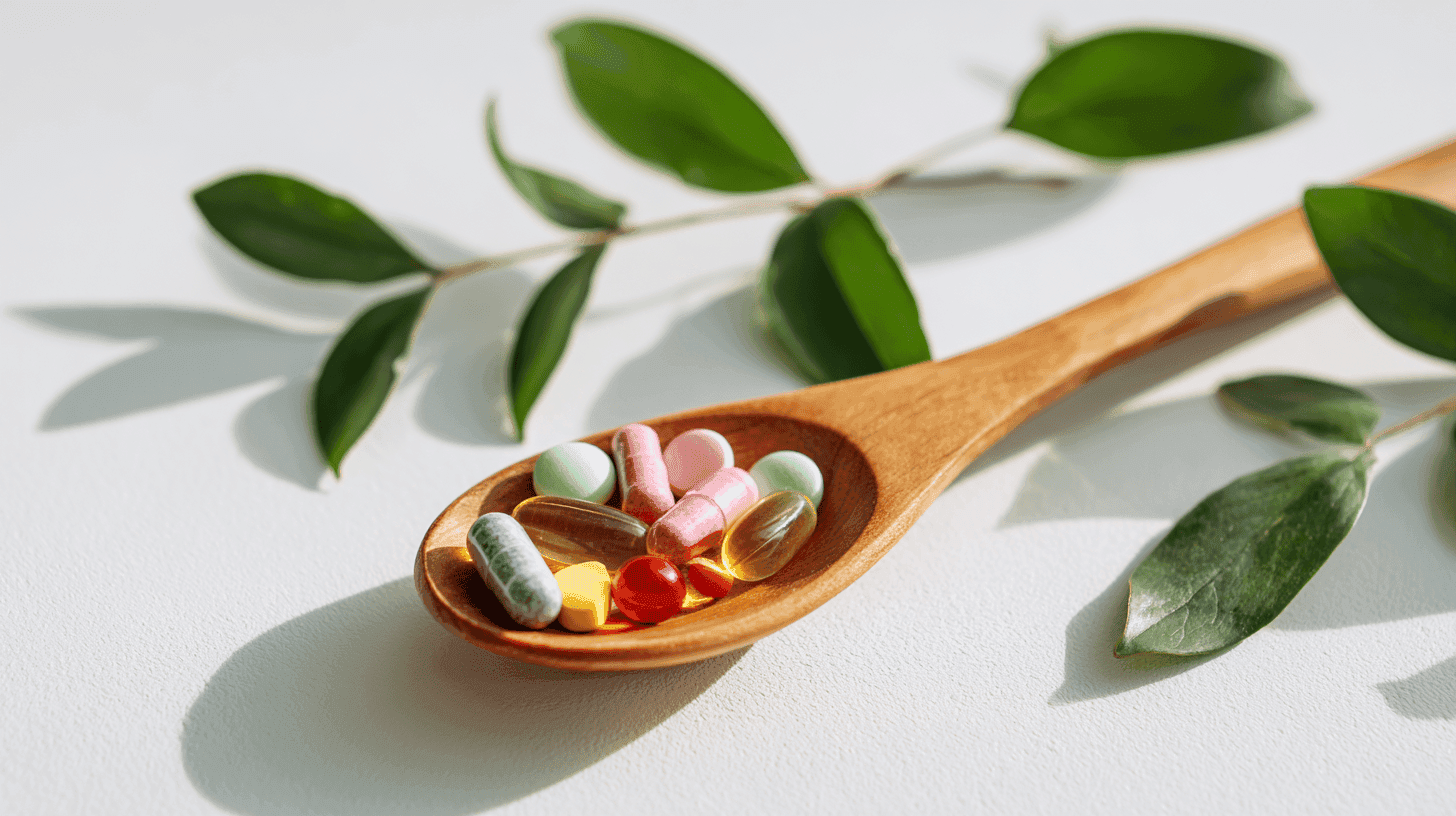
Managing side effects with diet and fluids: Foods to include vs foods to avoid
Here’s a quick reference to help you match common chemotherapy side effects during breast cancer treatment. You’ll have a clearer picture of foods and drinks to include and those to steer clear of to keep your loved one as comfortable and nourished as possible.
| Symptoms | Food to include | Foods to avoid |
|---|---|---|
Nausea & vomiting | Ginger tea, peppermint sweets, cold foods; small, frequent bites | Greasy, fried, or spicy foods; large meals; strong odours |
Taste changes and mouth sores | Use plastic utensils, chilled smoothies, and mild-flavoured purees | Acidic, rough, or salty foods; very hot or very cold foods |
Diarrhoea and constipation | Adjust soluble vs insoluble fibre, hydrating broths, electrolyte drinks | For diarrhoea: insoluble fibre (raw veg, bran); for constipation: low-fibre processed foods |
Hydration issues | Sip flavoured water, coconut water | Excessive caffeine |
Next we’ll see a 7-day menu designed for breast cancer nutrition during treatment, balancing ease and nourishment.
7-day sample meal plan for chemotherapy
Having a one-week menu designed specifically for breast cancer nutrition during treatment will help balance ease and nourishment. This diet plan for breast cancer awareness nutrition is designed to help you keep meals varied, nourishing, and easy to enjoy:
Monday
- •Breakfast: Serve a yoghurt parfait layered with fresh berries and granola.
- •Lunch: Offer a quinoa and chicken bowl with a side of steamed greens.
- •Dinner: Bake salmon fillets and pair them with sweet potato mash and tender spinach.
- •Snacks and smoothies: Blend a banana-peanut butter smoothie and plate soft fruit slices with hummus.
Tuesday
- •Breakfast: Cook creamy porridge and top it with sliced banana and chia seeds.
- •Lunch: Prepare a chickpea and avocado salad and serve it on wholemeal toast.
- •Dinner: Grill chicken breast and accompany it with brown rice and roasted broccoli.
- •Snacks and smoothies: Mix up a berry-spinach smoothie and scoop cottage yoghurt alongside soft fruit.
Wednesday
- •Breakfast: Scramble eggs and pile them on wholemeal toast.
- •Lunch: Roll chicken and avocado into a wrap with cooked spinach.
- •Dinner: Stir-fry tofu with quinoa and mixed peppers.
- •Snacks and smoothies: Blend a mango-banana smoothie and pair it with pita bread.
Thursday
- •Breakfast: Make a smoothie bowl of Greek yoghurt, spinach, and berries.
- •Lunch: Toss tofu into steaming rice with boiled peas.
- •Dinner: Bake cod fillets and serve them with mashed sweet potato and green beans.
- •Snacks and smoothies: Have an apple and a pear smoothie with cheese on whole-grain crackers.
Friday
- •Breakfast: Soak oats overnight, chop an apple, and add some cinnamon on top.
- •Lunch: Warm a bowl of lentil and vegetable soup and serve with cooked carrot batons.
- •Dinner: Grill chicken and serve it with quinoa and mashed potatoes.
- •Snacks and smoothies: Blend a peach-banana smoothie and enjoy soft fruit slices with yoghurt.
Saturday
- •Breakfast: Repeat the yoghurt parfait, this time with kiwi and granola.
- •Lunch: Ladle out warm chicken broth with soft, cooked vegetables.
- •Dinner: Bake cottage cheese and serve it with wholemeal couscous and broccoli.
- •Snacks and smoothies: Blend a pineapple-coconut smoothie and offer cooked carrot sticks with hummus
Sunday
- •Breakfast: Poach eggs and serve them on avocado mash.
- •Lunch: Mix up a quinoa salad with roasted vegetables and some feta.
- •Dinner: Heat a vegetable and bean chilli and spoon it over brown rice.
- •Snacks and smoothies: Mix up a raspberry-banana smoothie and serve it with soft berries.
Long-term breast cancer nutrition after treatment
After treatment ends, good nutrition to prevent breast cancer becomes more about supporting long-term health and reducing recurrence risk. Beyond rec
- 1. Anti-inflammatory eating patternsChoose colourful fruits and vegetables, whole grains, nuts, seeds and oily fish to keep inflammation at its lowest.
- 2. Maintaining a healthy weight post-treatmentBalance portion sizes, prioritise protein at each meal and stay active. Quick walks or yoga tone muscles and keep you hungry.
- 3. Healthy foods that may lower recurrence riskLoad up on cruciferous veg like broccoli and kale, berries for antioxidants, legumes for fiber and leafy greens rich in folate.
- 4. Daily habits for survivorship and wellnessKeep a simple food diary, plan meals ahead, drink plenty of water, limit alcohol and lean on family and friends for motivation.
Wrapping it up: Remembering breast cancer nutrition during chemotherapy
Supporting nutrition for breast cancer chemotherapy patients is about more than just meals; it’s a form of care that can boost strength, immunity, and mood.
You help your loved one tolerate treatment and recover more smoothly by focusing on protein, complex carbohydrates, healthy fats, and antioxidant-rich fruits and vegetables.
Remember to keep an eye on weight and hydration daily and keep a food diary to spot patterns in appetite or side effects. For ongoing health, explore nutrition to prevent breast cancer, like adding cruciferous veggies and whole grains, to lower future risk.
You might also explore reputable recipe sites or apps for breast cancer prevention diet and nutrition tips. Or become a part of an institute with health experts who tailor to nutrition to prevent breast cancer care.
FAQs on breast cancer nutrition tips
The keto diet severely restricts carbs. During chemotherapy, you need steady carbs for energy and gut health. Stick to a Mediterranean diet with high protein. For ongoing health, explore breast cancer prevention diet and nutrition tips, like adding cruciferous veggies, to lower future risk.
You don’t need to avoid all sugars, but limit refined sugars and processed sweets. Nutrition for breast cancer chemotherapy patients focuses on whole foods and natural sugars in fruits to maintain energy without feeding inflammation. Breast cancer diet nutrition including dairy, like yoghurt and milk, can help relinquish the need for sweet food.
Most dairy is safe if tolerated. Nutrition for breast cancer chemotherapy patients should include low-lactose options like yoghurt or kefir to support protein and calcium. Avoid raw milk and watch for nausea or lactose intolerance. To be on the safer side, choose lactose-free dairy like almond or soy milk.
Yes. Deficiencies in protein, vitamins, and minerals can impair healing, weaken immunity, and increase fatigue. Regular blood tests and tailored nutrition for breast cancer chemotherapy patients help prevent deficiencies and support smoother recovery.
Breast cancer patients should eat small, balanced meals every two to three hours, aiming for five to six nutrient-rich feedings. Frequent intake helps stabilise sugar, manage nausea and optimise energy.
Table of Content
- Why breast cancer nutrition matters during chemotherapy
- Essential foods for breast cancer chemotherapy patients
- Protein-rich foods for tissue repair
- Best plant protein sources (lentils, soy, tofu)
- Managing side effects with diet and fluids: Foods to include vs foods to avoid
- 7-day sample meal plan for chemotherapy
- Long-term breast cancer nutrition after treatment
- Wrapping it up: Remembering breast cancer nutrition during chemotherapy
